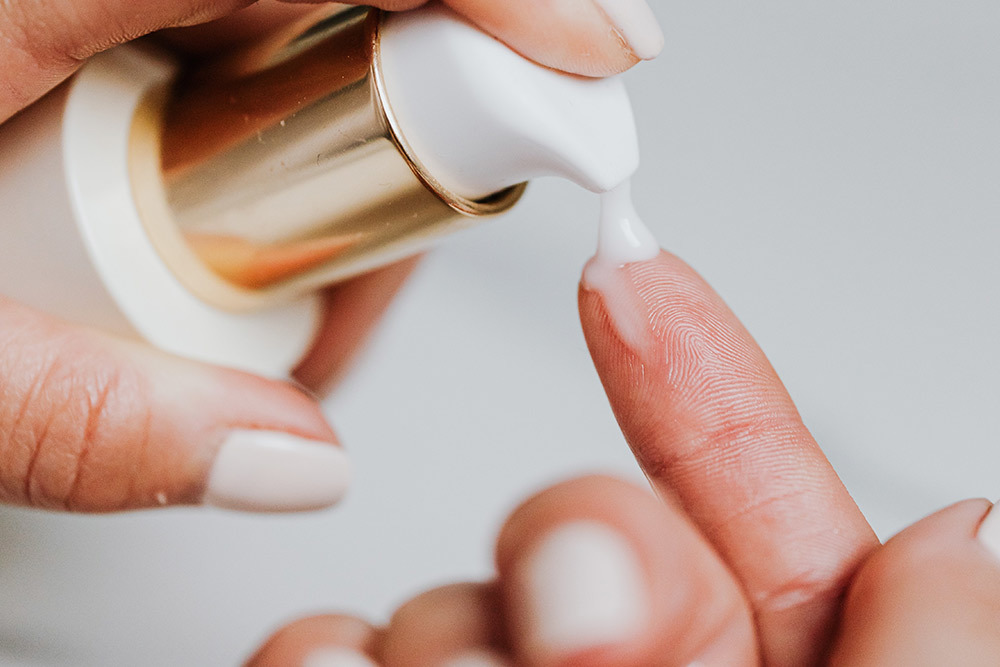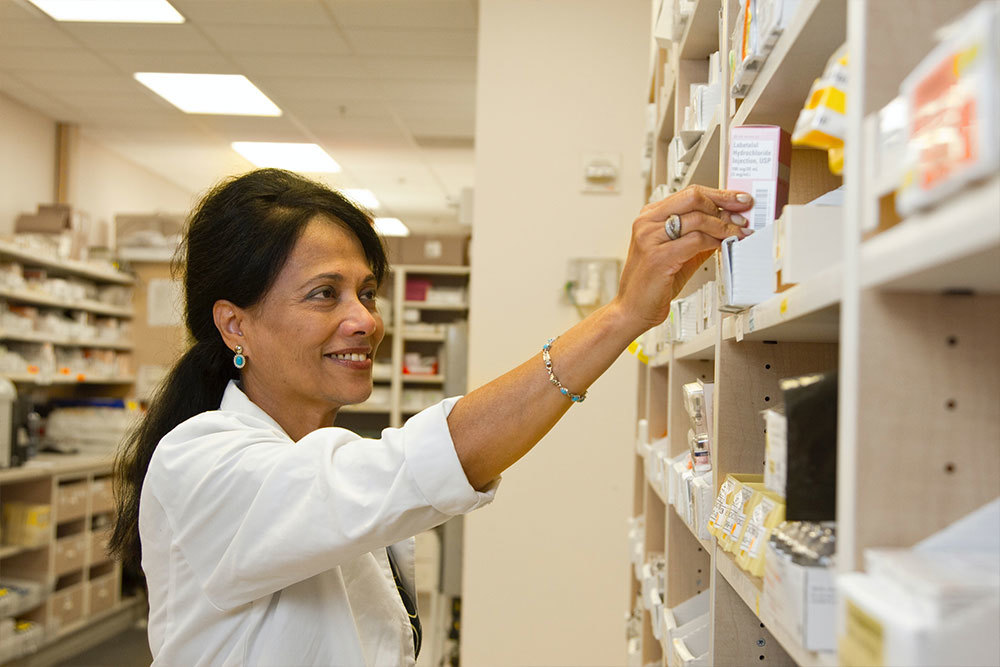
7 Tips For Managing Cold Sores
Learn some expert tips.
Cold sores are sometimes called fever blisters that are usually found on the lips or around the mouth. They can be painful and unsightly. The herpes simplex virus (HSV) is the root cause of cold sores, causing outbreaks that are often triggered by sun exposure, stress, cold wind, hormonal changes, a weak immune system, or other illnesses.
While a cold sore is not exactly fatal, it can cause pain and discomfort that will affect your day-to-day routine. So, how can you manage and ultimately treat cold sores? Learn some expert tips below.
1. Avoid Too Much Sun Exposure

While sunlight is a good source of Vitamin D, too much exposure can be harmful to the skin. For someone with HSV, the ultraviolet radiation from the sun can trigger cold sore reoccurrence. With sun exposure, the virus moves from the nerve cells (ganglia) into the mouth, causing painful blisters that would last a few weeks.
If you observe that you tend to develop cold sores from sun exposure, always wear lip balm and sunscreen with SPF before going outdoors. See this article to learn about how cold sores are triggered by unprotected sunlight exposure.
2. Try Home Remedies To Ease Pain And Swelling
Home remedies are also effective in managing this condition. You can try the following home remedies below to help reduce the pain and swelling of a cold sore:
- Apply ice or cold compress to the cold sore. Avoid applying ice directly on the skin because it causes skin cell damage.
- Avoid acidic foods. Some foods make cold sores worse, such as Tomatoes, Orange juice, and Pineapple juice.
- Apply Aloe Vera gel to soothe and help a cold sore heal.
- Take over-the-counter pain relievers (like ibuprofen and acetaminophen).
3. Apply Topical Ointment Or Cream

A cold sore outbreak causes ugly red sores to appear. A few days later, the cold sore breaks open and crusts. These should disappear within two to four weeks, but while they are present it could be very painful and distracting.
You can, however, manage the pain by applying anesthetic ointment or creams containing lidocaine, docosanol, benzocaine, or benzyl alcohol. These promote faster healing in generous amounts when used early.
4. Take Prescription Medications To Avoid Complications

The first attack of cold sore includes fever, flu-like symptoms with swollen lymph nodes (neck). However, recurrent cold sores usually don't have these symptoms. When you develop chills, high fever, and excruciating sores, you need to consult a doctor immediately.
Severe cold sores can be triggered by low immunity. The immuno-compromised patient may be at risk of developing complications from cold sores, including swelling of the brain (encephalitis), genital sores, and various kinds of eye infections.
Your doctor may prescribe antiviral medications to promote faster healing. Some commonly used antiviral drugs include acyclovir, famciclovir, penciclovir, and valacyclovir. These drugs are usually recommended for patients experiencing frequent outbreaks or serious complications of a cold sore.
5. Take A Rest To Reduce Stress

Stress can also make cold sores worse. With the HSV in your system, your immunity is already compromised, and your body will have a harder time resisting cold sores and other infections when it’s aggravated with stress.
While stress is a part of modern life, you can beat stress by practicing breathing exercises to keep you calm when handling pressure. Also, try engaging in sports and hobbies in your free time for your body to release serotonin (the happy hormone) and reduce cortisol (stress hormone).
6. Avoid Close Contact
As mentioned earlier, oral herpes or cold sores is caused by the herpes simplex virus type 1 or HSV-1. This highly contagious virus spreads through close contact or saliva, like kissing or sharing straws, utensils, straws, lip balm, or towel with someone who has cold sores. When you have cold sores, avoid kissing or sharing drinks with others to prevent the spread of the virus.
7. Keep Your Lips Moist

Dry, cracked, or damaged lips can make cold sores worse. Also, if you have a cold sore, dry lips can aggravate your condition, causing painful blisters. That’s why it’s crucial to keep your lips moist by applying a lip balm with SPF and cooling ingredients, like Aloe Vera. Drink water and keep yourself cool and hydrated at all times.
Conclusion
Cold sores are triggered by several factors such as stress and sunlight exposure. Managing cold sores involve the application of cold or ice compress and over-the-counter ointment or cream. When chills and fever occur, visit your doctor so you can be prescribed antiviral medications that can avoid further complications.











